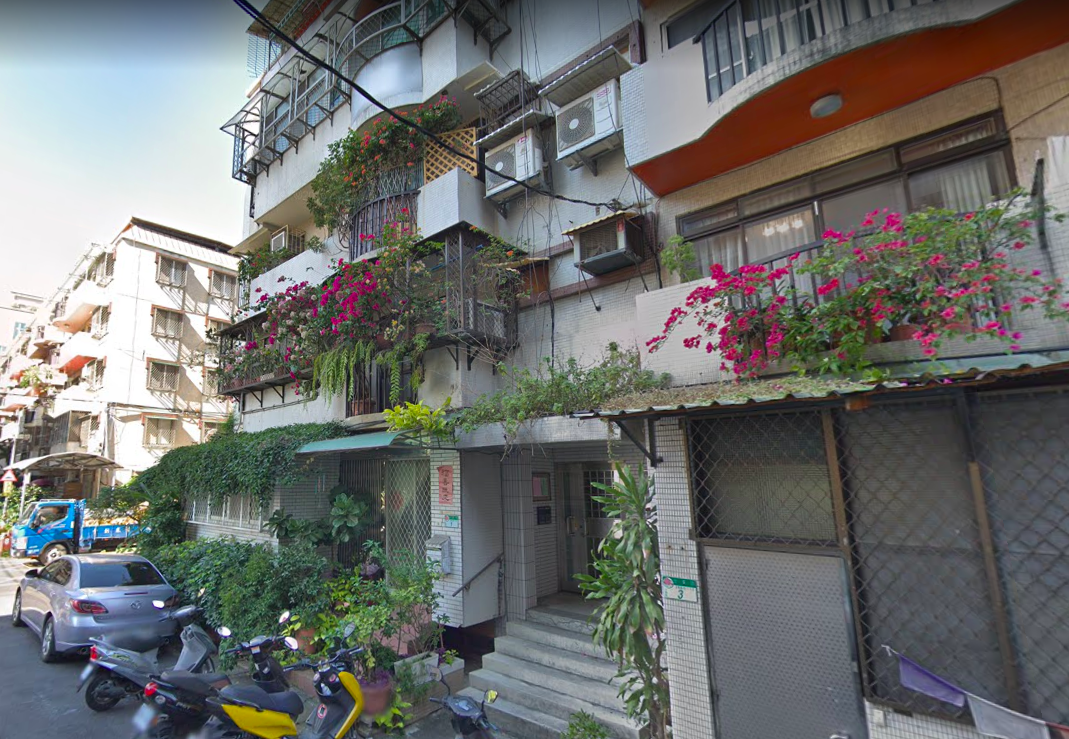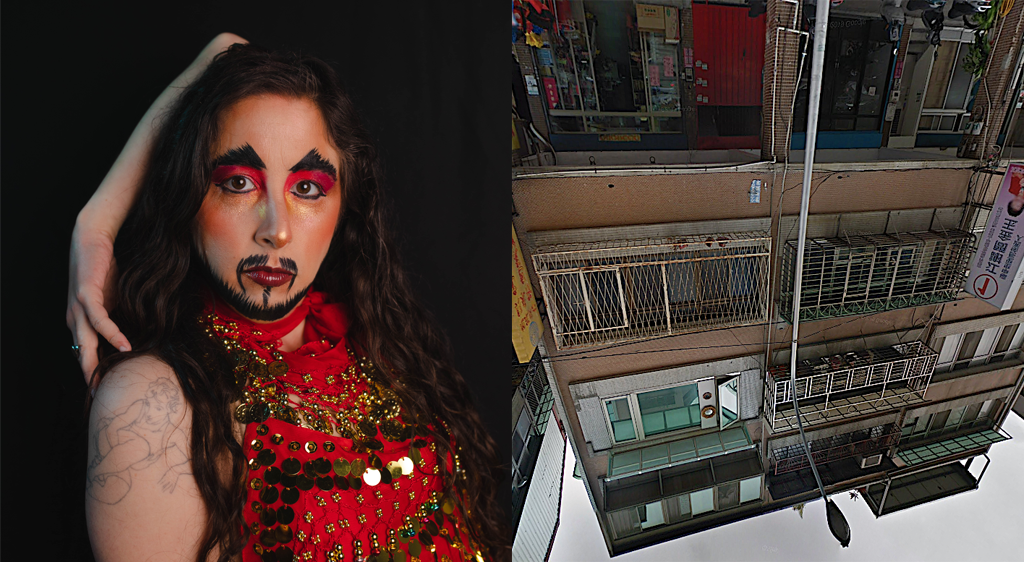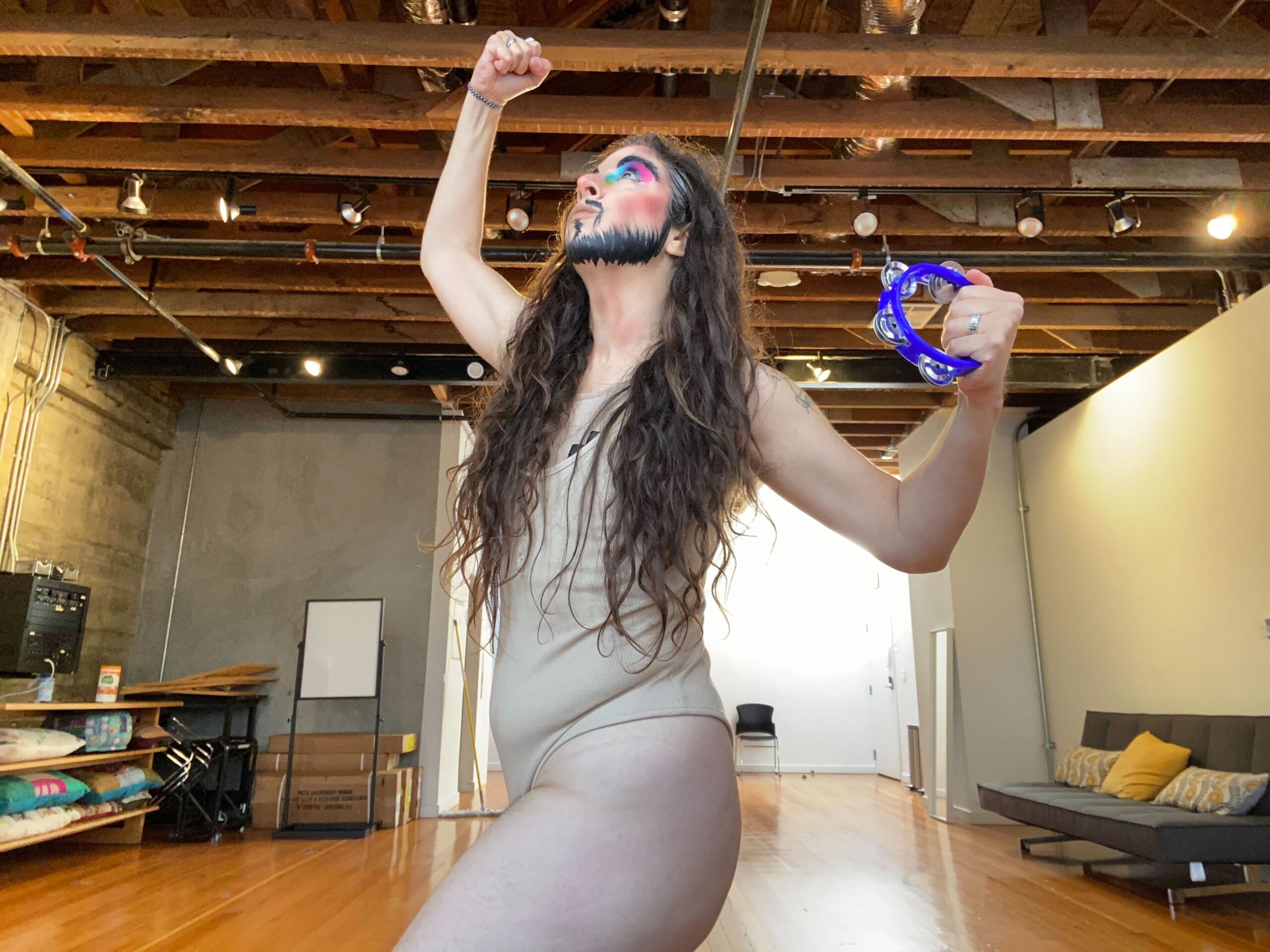I didn’t get the memo. You know the one that breaks down the ways in which descendants of enslaved Africans have a different (but just as post traumatic stress disordered psychosis) than the descendants of colonized Africans. To be fair, I looked completely different when I’ve traveled abroad before (I had long hair), AND there is no pronoun for “he”or “she” in Ghanaian language. Word. My bad. Yet and still, I was expecting some kind of Haiti-ish/Southern American Negro/Caribbean stratification based on class-ish thing where everyone called me white. Right. And that kinda played out the way I thought it would in the whole gray area surrounding the use of the Twi word “Obruni”. Ghanaians use it to describe English speaking foreigners, but (I feel) put a little extra stank on it when it came to me (mostly because I was not falling in line with the homogeneous nature of their culture.”
When I’d pull their card about it (the whole “Obruni” thing) they say, “Ohhh nooo! That’s just how we describe foreigners and then introduce me as, ” This is Adia! She thinks she is black!”
When you start to learn how to catch it (“Obruni”) coming out of their mouths … and the tone says something completely different than English speaking foreigner … like, SUPER DUPER NO LOVE, look at this fool … that’s when things get tricky. Ofcourse this is all IF they believed I was a girl. It was always super convenient. That “English speaking foreigner explanation”. In their defense yes. Sometimes they do just mean that, but sometimes (especially in my case), it was way more to it.
Nowhere in that did I anticipate the level to which my physical appearance would cause such disruption in the daily lives of Ghanaians. They really, absolutely needed to know whether I was a boy or girl to continue any and every interaction with me. At home, I’m like this exotic, bald headed, queen honey bee. Lol. Like I said, AT HOME. In Ghana, I was the sick, skinny dog walking down the road that would confuse people and cause hysteria. I made a chart.
Photo: Me and my teacher Robert Fugah
Adia’s hairstyle in Ghana = Black Man
Huge and frequent questions of gender, because I don’t wear earrings. At first, my hair was cut into a fade, then I shaved it bald because it was causing too much trouble. In my mind I thought Africa would be the perfect place grow it out. No pressure to look like a rock star and all that. Big mistake. Big, big mistake. They very clearly identified my hairstyle as that of a “black man” on several occasions.
Adia’s Hair in the U.S. = Bald Headed Lady
No question of gender. I guess there are so many in Brooklyn and the Bay nobody trips.
Adia’s Skin & Nose in Ghana = White
Hmm. Maybe because their constructs of “Black” and “White” are completely different than the ones in the U.S. So, in their construct, because my skin was not dark brown, I was white. Well not white white, but a version of it. “One man at the internet cafe said to me,” We are confused because we can’t tell sometimes the difference between a “Black” American and a “White” American. It seems as though you all have the ability to turn yourselves white if you want to. Beyonce? Michael Jackson?
Adia’s Skin & Nose in the U.S = Light-Skinded, Black, Possibly Bi-Racial, with a White nose …
Adia’s Lips in Ghana = Black
Adia’s Lips in the U.S = Black
Adia’s Speaking Voice in Ghana = Woman
Adia’s Speaking Voice in the U.S. = Woman
Adia’s Body Type in Ghana = Small Boy
Because I have “small breasts”.
Adia’s Body Type in the U.S. = Woman of Small Stature, Skinny Girl
Adia’s Carriage in Ghana = Woman, Sometimes “Boygirl”
Adia’s Carriage in the U.S. = Woman
Adia’s Dance in Ghana = African Woman
Adia’s Dance in the U.S = Black Woman
Adia’s Singing Voice in Ghana = African Woman
Adia’s Singing Voice in the U.S. = Old Black Woman
Adia’s Name in Ghana = African Woman, Muslim
Adia’s Name in the U.S. = Black Gurl
Adia’s Mother in Ghana = Black (because she has brown skin)
Adia’s Mother in the U.S. = Black
Adia’s Father in Ghana = White (because he has light brown skin)
Adia’s Father in the U.S. = Black
Anyways ….. something to think about. I think maybe perception is a big deal in this whole scenario. Maybe if I just make the decision to let go of any mental, spiritual and emotional connection I have to my own “African identity” in relationship to Ghana then this whole thing won’t be such a thorn in my brain. If I had just become an “American” or an “English speaking foreigner” sooner I could have detached and understood … But, my point is I shouldn’t have to BE what other folks think I am to understand. I JUST formed a relationship to my U.S. citizenship. And, that happened mostly because of this trip and Obama.
Africa is not what you think it is and everything it says it is. It’s a continent and construct and time ? … but not a place. It’s the loudest silence you’ve ever heard and the quickest stillness in the corner of who you think you are. It’s a heart breaking open caution and attacking itself from the inside out. Africa is love beyond contrived meaning. It’s passion far greater than a four letter understanding and a discussion much bigger than the gradations of black skin and black hair. It’s improvisation within the loop, the box, the line and whatever else needs to be made … to survive.
Red wasps swarm where sleeping dogs lay low. I won’t go in there, but I wonder what’s inside everyday. An albino man with soars all over his body begs for money at the intersection. The band-aid covering his nose fell off. Half of it was scabbed, the rest was eaten away. The driver rolled up the window …
Share This!
More Good Stuff
Unsettled/Soiled Group is a group of East, Southeast, and South Asian diasporic movers, makers, and settlers on Ramaytush and Chochenyo Ohlone land. Unsettled/Soiled Group is led by June Yuen Ting, one of CounterPulse's 2022 ARC Performing Diaspora artists and will debut Dwelling for Unsettling alongside VERA!'s Try, Hye!, Thursday through Saturday, December 8-10 & 15-17, 2022
Try, Hye! by Vera Hannush/VERA! & Dwelling for Unsettling by Unsettled/Soiled Group December 8-10 & 15-17, 2022 // 8PM PT // 80 Turk St, SF
VERA! (they/them) is a queer Armenian American drag king, dancer, and community activist. They are one of CounterPulse's 2022 ARC Performing Diaspora artists and will debut Try, Hye! alongside Unsettled/Soiled Group's Dwelling for Unsettling, Thursday through Saturday, December 8-10 & 15-17, 2022





Hey Adia,
wow. my heart was pounding reading this. of course each of our experiences has to be different but, as someone who’s been back/forth betw the US & Japan since age 3, i could relate to so much.
i’ve often written…
“interpreting others interpreting me”
it’s intense in both countries.
this is deep diaspora work.
i took a life-dream trip back to live and work as a full-fledged artist/adult in Japan on a 2005 Fellowship. it had been 23 yrs since i’d last “lived” there; i left when i was 17yo. i returned at 40, which, for a Japanese-looking-unmarried woman, signaled a lot of confusing red flags for folks. but i was protected by fellowship creds. phew!
it was also no longer 1982. it was 2005. japan had gone global, risen & fallen & made a reputation for itself on the international scene. school girls weren’t screaming & begging autographs from my white boyfriend at the train station anymore (because he was white, he must be a celebrity). but colleagues still recommended i print my namecard in KATAKANA letters (used for foreign words/names) instead of my given KANJI characters. they said social relationships will be easier if i gave people a “heads up” that i wasn’t all i seemed to be. i used to protest against this kind of “fictionalizing” or “handicapping.” besides, i loved the hieroglyphic kanji my father bestowed upon my written name.
but it was truly a lesson in “self-presenting” as an action verb, a cultural skill. with my katakana, i “invited” others to “understand” me first through simplified labels. like, oh, see her name is in “foreigner’s alphabet” = okay, she’s different & we will pay special attention.” (otherwise, the risk is they may think i’m a mentally retarded adult for constantly missing obvious verbal & non-verbal cues). if the relationship continues to a more friendly level, i could then slowly & gradually complicate my identity — like, oh, but she actually speaks Japanese, her parents are even Japanese-Japanese, she’s studying classical dance, even though her english is SO American…
it made me realize how “americanized” my expectations were. i wanted people to just get it– immediately — all my complications & paradoxes. i didn’t want to go through the phase of “pretending” to be more foreign than i was. but i found there’s a dance to this process. it wasn’t, as i’d thought, about selling out. it’s about tuning in. it was a duet i never knew about before 2005. a duet that i had to create with each new person, none of whom were monolithic either.
anyway, don’t know if this relates to you but wanted to respond… :)
thanks for the vividness of your experience,
roko